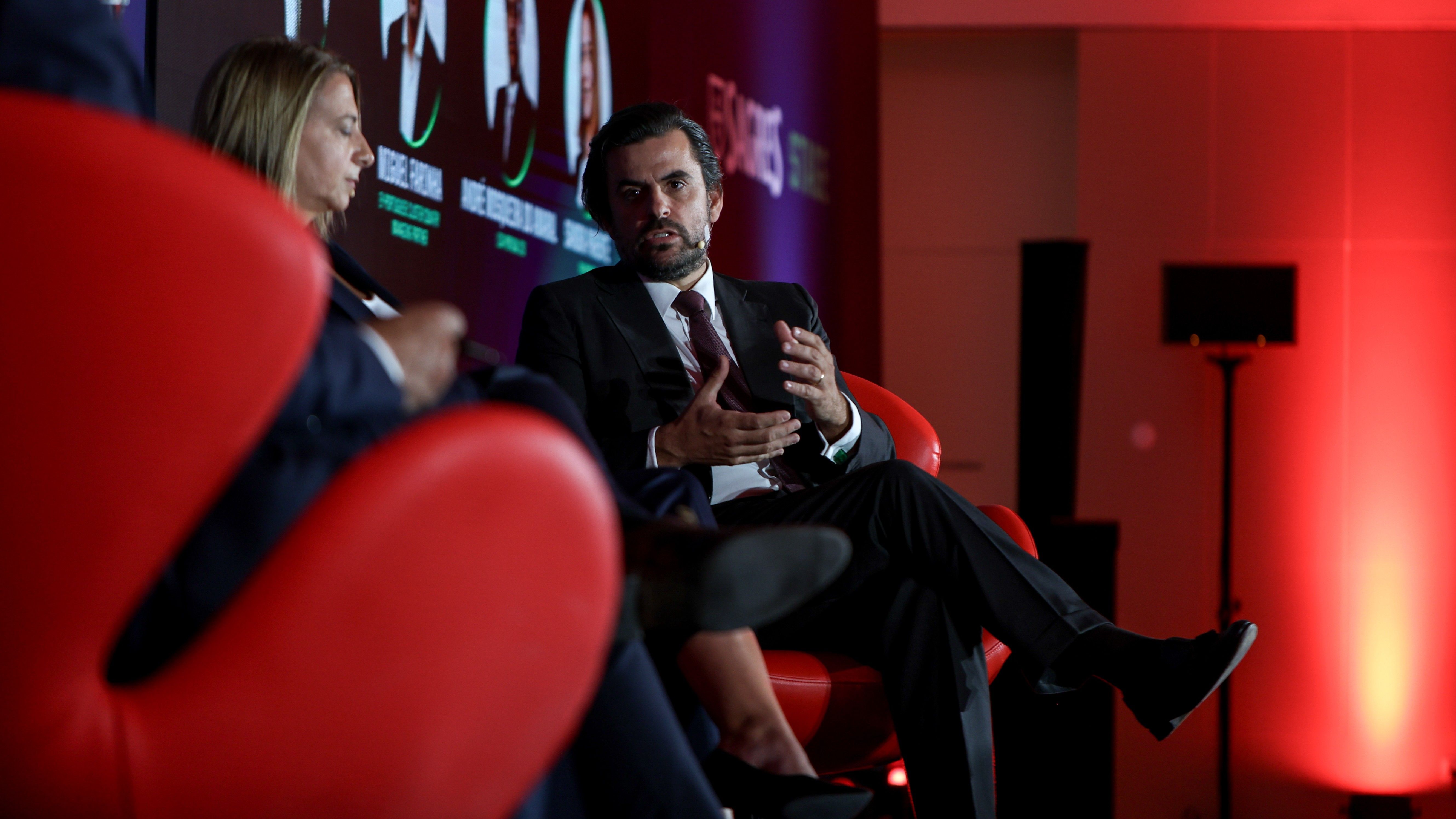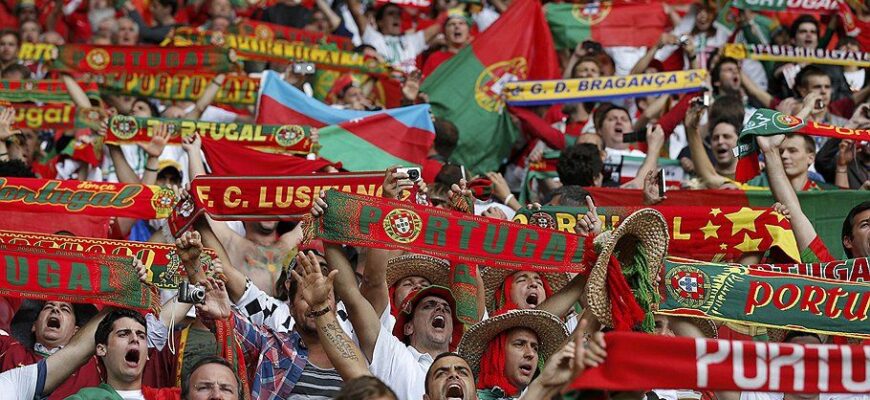
Portuguese football stands on the precipice of a significant transformation. With the 2026 deadline looming, Liga Portugal is aggressively pushing for the centralization of its television rights, a strategic move poised to redefine the league`s financial landscape and elevate its standing on the European stage.
- The Rationale: A Collective Leap Towards European Prominence
- The Road to 2026: Proactive Steps and Constructive Dialogue
- Clubs United: A Rare Consensus for the Greater Good
- Beyond Broadcasting: Elevating the Entire Product
- The European Blueprint: Following Successful Models
- A Brighter Future for Portuguese Football
The Rationale: A Collective Leap Towards European Prominence
For years, individual clubs within Liga Portugal negotiated their own broadcasting deals, a common practice that often led to significant disparities in revenue and, consequently, competitive balance. However, the modern football economy, spearheaded by juggernauts like the English Premier League and Spain`s La Liga, has demonstrated the profound advantages of a centralized model.
Liga Portugal CEO, André Mosqueira do Amaral, alongside figures from the Portuguese Football Federation and EY, recently underscored this vision at the Portugal Football Summit. The consensus is clear: centralization is not merely about consolidating deals; it`s about fostering sustainable growth and significantly boosting the league`s collective competitive capacity within the broader European football framework.
The Road to 2026: Proactive Steps and Constructive Dialogue
The journey towards this pivotal change is already well underway. Liga Portugal`s proactive approach is evident in its early submission of a commercialization model to the Competition Authority — a remarkable eleven months ahead of the legal deadline. This foresight, as Mosqueira do Amaral highlighted, emphasizes the critical “value of time” in such a monumental undertaking.
The dialogue with the Competition Authority has been described as “constructive,” indicating a collaborative effort to ensure the new model is not only commercially viable but also compliant with regulatory standards. This careful groundwork aims to smooth the transition and prevent potential roadblocks, underscoring a commitment to meticulous planning rather than hurried reforms.
Clubs United: A Rare Consensus for the Greater Good
Perhaps one of the most compelling aspects of this initiative is the reported widespread consensus among the Sports Societies (clubs). In the often fiercely competitive world of football, where individual club interests frequently overshadow collective objectives, this unity is noteworthy. Mosqueira do Amaral praised their “very important contribution” to the process, whether or not they are directly involved in the Liga Centralização enterprise.
The understanding among clubs is that while the distribution key and its immediate value might not perfectly reflect each club`s individual worth, the overall improvement of the Liga`s competitive landscape benefits everyone. It’s a pragmatic realization that a rising tide, even when centrally managed, lifts all boats. This collective wisdom suggests a maturity within Portuguese football, moving past immediate individual gains to long-term systemic health – a strategy that, frankly, some might find surprisingly altruistic in a sport driven by fierce rivalries.
Beyond Broadcasting: Elevating the Entire Product
Centralizing TV rights is not the sole ambition; it’s a foundational step towards a broader strategy of product valorization. Liga Portugal is actively developing multiple initiatives designed to enhance the entire football experience. These include:
- Quality of Spectacle: Improving the on-field product and match day experience.
- Infrastructure: Investing in better stadiums and training facilities.
- Content: Producing more engaging and high-quality multimedia content for fans.
- International Appeal: Strategically positioning Liga Portugal to attract a wider global audience and increase its brand value abroad.
These efforts, undertaken in collaboration with the Sports Societies, aim to make Liga Portugal a more attractive proposition for broadcasters, sponsors, and, most importantly, fans worldwide. It`s a comprehensive approach that recognizes that the value of TV rights is intrinsically linked to the perceived quality and excitement of the league itself.
The European Blueprint: Following Successful Models
The move by Liga Portugal aligns with a proven model seen across Europe`s most successful football leagues. Leagues that have embraced centralized rights, such as England`s Premier League, Germany`s Bundesliga, and Spain`s La Liga, have consistently seen their broadcast revenues surge. This, in turn, has allowed for greater investment in talent, infrastructure, and youth development, creating a virtuous cycle of competitive improvement and financial stability.
While market conditions will always play a role, the trend is clear: centralized leagues tend to see a significant valorization of their media rights. For Liga Portugal, this means not just catching up, but positioning itself to thrive in an increasingly globalized and competitive football market.
A Brighter Future for Portuguese Football
As 2026 approaches, the anticipation around Liga Portugal`s centralized TV rights model is palpable. This strategic shift, driven by foresight, collaboration, and a clear vision for the future, promises to usher in a new era of prosperity and competitive vibrancy for Portuguese football. It’s a bold declaration that the league intends to not just participate, but truly compete, on Europe`s grandest stages, ensuring a more stable, exciting, and globally recognized product for years to come.








